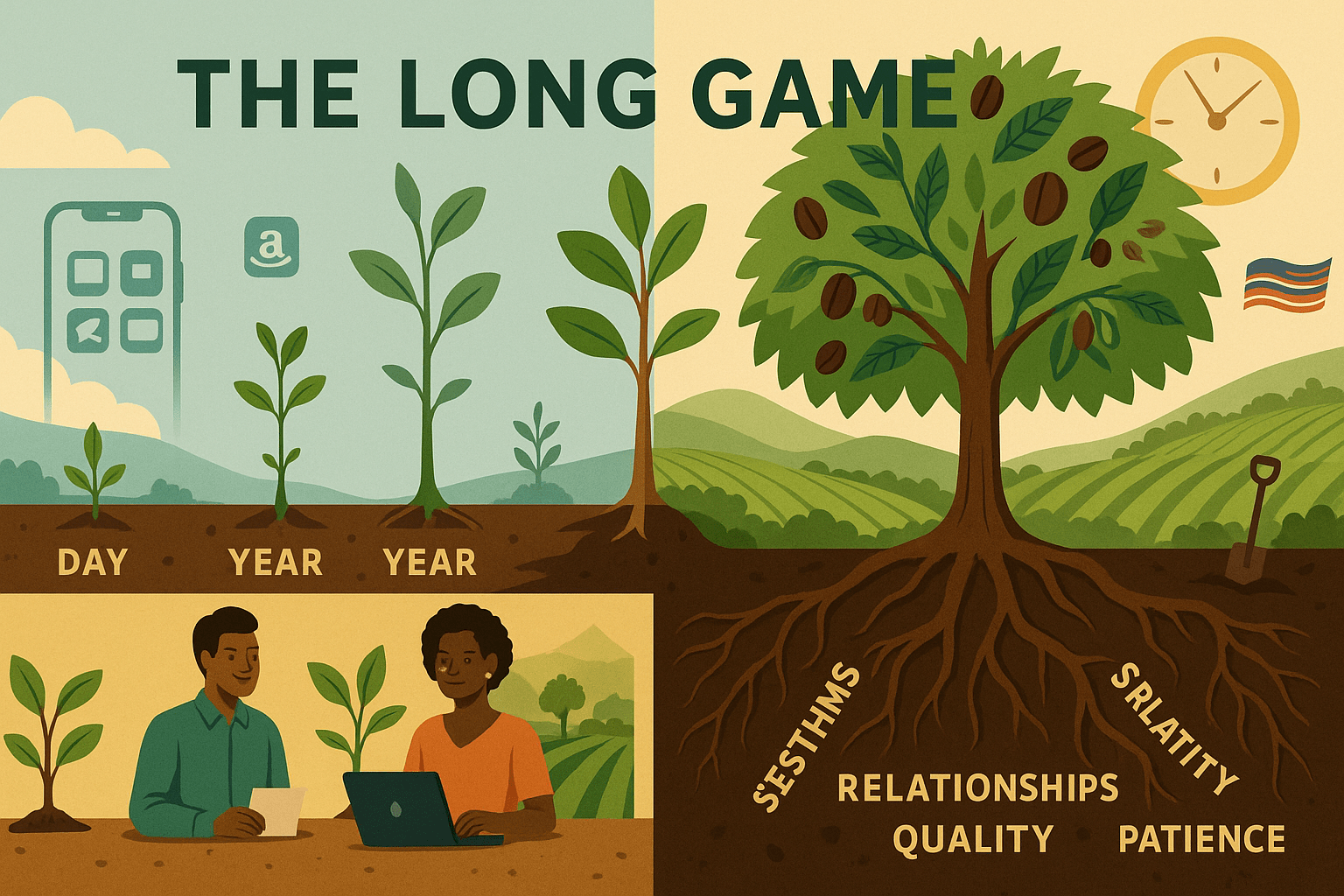In today’s culture of instant gratification, it’s easy to believe that success in business should happen quickly even instantly. Social media is flooded with headlines about entrepreneurs turning small ideas into million-dollar ventures seemingly overnight. A TikTok goes viral, an e-commerce store sells out in a week, or a tech startup raises millions before turning a profit.
But here’s the truth: most of these stories are exceptions not the rule. Real business success is not the result of a lucky break, a viral moment, or one clever marketing trick. It’s built slowly, methodically, and through consistent effort over time. If you scratch beneath the surface of any successful business, you’ll usually find years of quiet hard work, failure, reinvention, and resilience.
Why the “Quick Game” Mentality Is Dangerous
The belief in overnight success can lead entrepreneurs down a risky path:
They expect profits before building solid operations.
They prioritize short-term hype over long-term value.
They neglect the importance of systems, customer relationships, and product refinement.
When things don’t move fast enough, many give up not because their idea lacked potential, but because their expectations weren’t grounded in reality.
Real Success Stories: Built Over Time
Here are just a few businesses that demonstrate what it really takes:
Amazon
Founded in 1994, it took nearly a decade for Amazon to become profitable. What we now see as a global giant began with years of losses, trial, and strategic reinvestment.
Starbucks
From just four stores in the early 1980s, Howard Schultz turned Starbucks into a global brand — but it took decades of refining the customer experience and slowly scaling the model.
Spanx
Sara Blakely worked tirelessly behind the scenes for years, hearing countless “no’s” before Spanx became a household name.
Canva
Before launching Canva in 2013, the founders spent years building earlier versions and getting rejected by investors — refining the concept slowly until it was ready.
Jumia (Africa)
Founded in 2012, Jumia spent years navigating infrastructure and market challenges in Africa before becoming a serious player in e-commerce.
From an Agribusiness Perspective: Coffee and Tea as a Long-Term Game
Nowhere is the long-game mindset more necessary and more natural than in agribusiness. Crops don’t grow overnight. Tea and coffee especially are products that require time, patience, and process:
It takes 3–5 years for a coffee or tea plant to mature and yield high-quality harvests.
Post-harvest processing, quality control, packaging, branding, and market positioning all take time and precision.
Building a brand in specialty markets (local or export) requires trust, certifications, partnerships, and ongoing quality consistency.
Distribution networks, logistics, and customer loyalty are built step by step not in a season, but over years.
Just like farming itself, building a business around coffee or tea means thinking long-term. It means investing in the land, the people, and the value chain and nurturing every part of it consistently.
In my own experience working across tea and coffee supply chains, I’ve seen that those who succeed are those who respect the pace of nature and match it with disciplined, strategic business management. The quick players burn out. The patient builders create legacy.
Final Thoughts
If you’re in agribusiness or any business don’t chase shortcuts. Focus on building something that lasts. Profits will come, but only when the roots are deep and the foundation is strong.
In farming, we say: you reap what you sow. But in business, we must also remember: you reap when the time is right.
Let’s keep building patiently, purposefully, and with the long view in mind.




